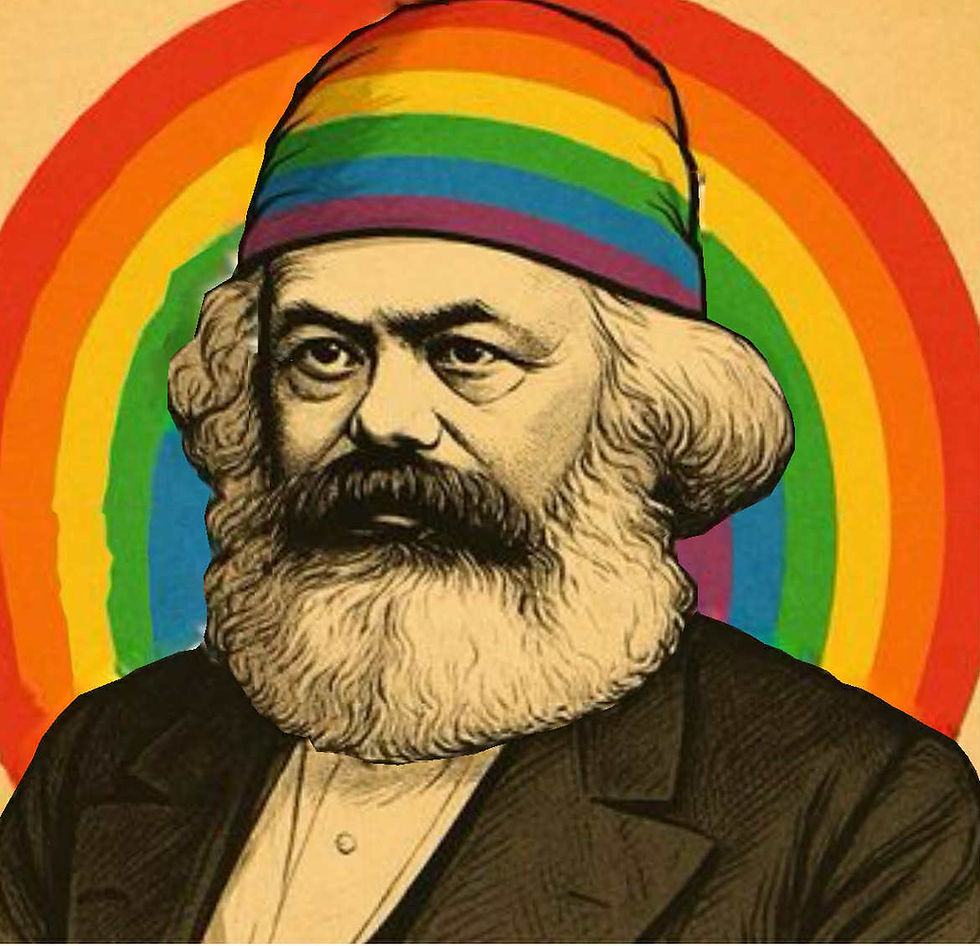Habits of the Heart
- Mike Burnette
- Feb 24, 2021
- 3 min read
Updated: Mar 2, 2021
“Habits of the heart” (a phrase coined by Alexis de Tocqueville) are deeply ingrained ways of seeing, being, and responding to life that involve our minds, our emotions, our self-images, our concepts of meaning and purpose. I believe that these five interlocked habits are critical to sustaining a democracy:

1. An understanding that we are all in this together. Biologists, ecologists, economists, ethicists and leaders of the great wisdom traditions have all given voice to this theme. Despite our illusions of individualism and national superiority, we humans are a profoundly interconnected species—entwined with one another and with all forms of life, as the global economic and ecological crises reveal in vivid and frightening detail. We must embrace the simple fact that we are dependent upon and accountable to one another, and that includes the stranger, the “alien other.” At the same time, we must save the notion of interdependence from the idealistic excesses that make it an impossible dream. Exhorting people to hold a continual awareness of global, national, or even local interconnectedness is a counsel of perfection that is achievable (if at all) only by the rare saint, one that can only result in self-delusion or defeat. Which leads to a second key habit of the heart…
2. An appreciation of the value of “otherness.” It is true that we are all in this together. It is equally true that we spend most of our lives in “tribes” or lifestyle enclaves—and that thinking of the world in terms of “us” and “them” is one of the many limitations of the human mind. The good news is that “us and them” does not have to mean “us versus them.” Instead, it can remind us of the ancient tradition of hospitality to the stranger and give us a chance to translate it into twenty-first century terms. Hospitality rightly understood is premised on the www.CourageRenewal.org notion that the stranger has much to teach us. It actively invites “otherness” into our lives to make them more expansive, including forms of otherness that seem utterly alien to us. Of course, we will not practice deep hospitality if we do not embrace the creative possibilities inherent in our differences. Which leads to a third key habit of the heart…
3. An ability to hold tension in life-giving ways. Our lives are filled with inner and outer contradictions—our own behavior sometimes belies our aspirations, while the world around us sometimes denies what we value and believe to be true. If we fail to hold these contradictions creatively, they will shut us down and take us out of the action. But if we allow their tensions to expand our minds and hearts, they can open us to new understandings of ourselves and our world, enhancing our lives and allowing us to enhance other people’s lives. We are flawed and finite beings whose understanding is always partial and in need of correction. The genius of the human heart lies in its capacity to use the tensions that come with our limitations to generate insight, energy, and new life. Making the most of those gifts requires a fourth key habit of the heart…
4. A sense of personal voice and agency. Insight and energy give rise to new life as we speak out and act out our own version of truth, while checking and correcting it against the truths of others. But many of us lack confidence in own voices and in our power to make a difference. We grow up in educational and religious institutions that treat us as members of an audience instead of actors in a drama, and as a result we become adults who treat politics as a spectator sport. And yet it remains possible for us, young and old alike, to find our voices, learn how to speak them, and know the satisfaction that comes from contributing to positive change—if we have the support of a community. Which leads to a fifth and final habit of the heart…
5. A capacity to create community. Without a community, it is nearly impossible to achieve voice: it takes a village to raise a Rosa Parks. Without a community, it is nearly impossible to exercise the “power of one” in a way that allows power to multiply: it took a village to translate Parks’s act of personal integrity into social change. In a mass society like ours, community rarely comes ready-made. But creating community in the places where we live and work does not mean abandoning other parts of our lives to become full-time organizers. The steady companionship of two or three kindred spirits can help us find the courage we need to speak and act as citizens. There are many ways to plant and cultivate the seeds of community in our personal and local lives. We must all become gardeners of community if we want democracy to flourish.
Parker J. Park, Center for Courage & Renewal



Comments